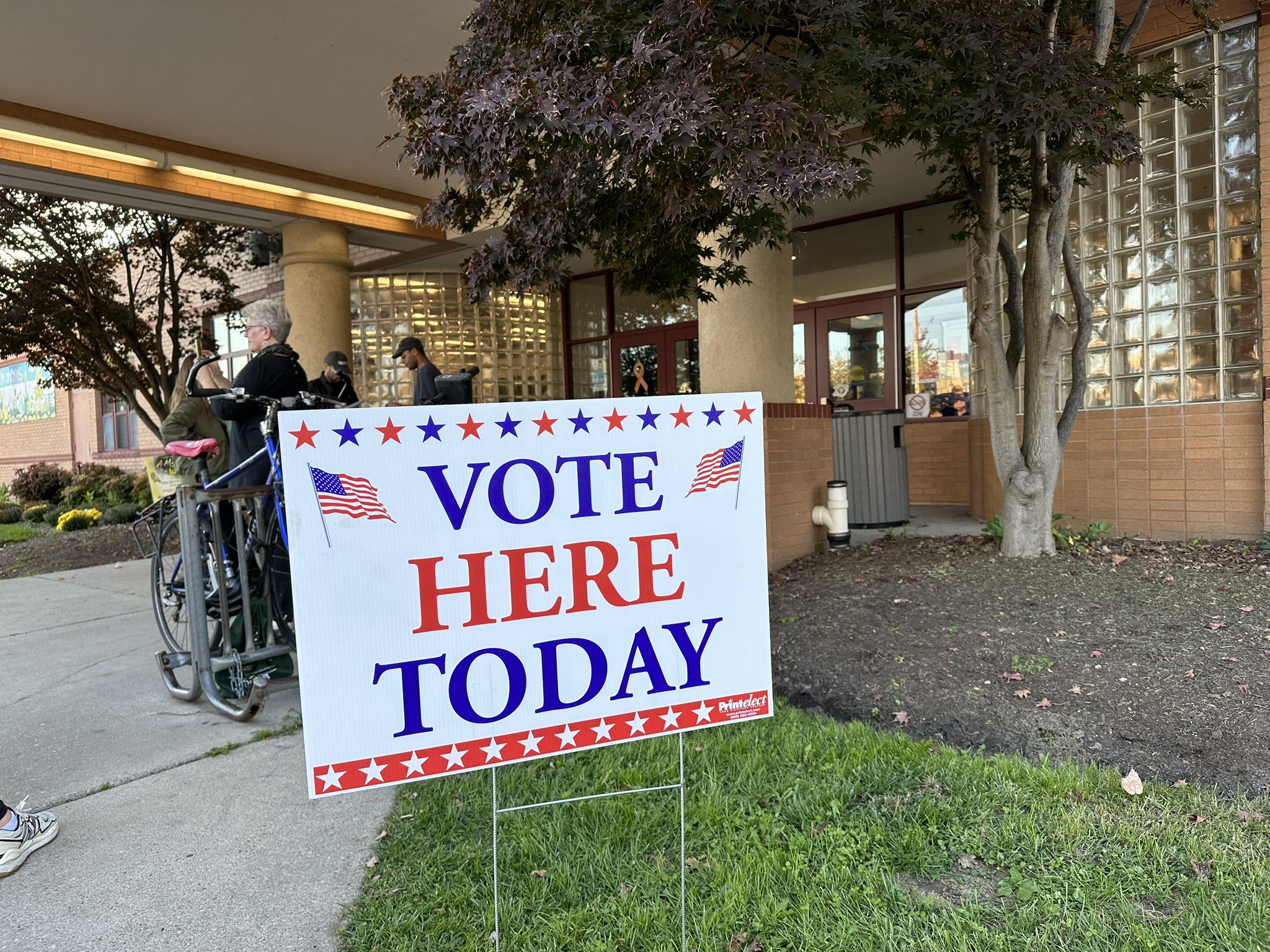Newcomer Jacob Hernandez will represent District 1 on the College Park City Council, joining incumbent candidates who retained their seats, according to preliminary vote counts from Sunday’s city election.
The College Park Board of Election Supervisors announced the preliminary vote counts Sunday night. The results include numbers from voting on Sunday, as well as two days of in-person early voting and mail-in ballots that were received by Nov. 3, according to the city of College Park.
Hernandez received 266 votes in heavily-contested District 1, where five candidates vied for two seats. He won a council seat along with appointed incumbent council member Alan Hew, who received 322 votes.
Of other District 1 candidates, Bryan Haddad received 167 votes, Brian Roan received 160 votes and Kamthorn Clary received 145 votes.
Hew has been serving since June, when he was appointed to the council to replace former District 1 council member Fazlul Kabir, who assumed the mayoral seat.
Kabir, who ran unopposed for his first regular term after winning the special election in May, received 1,217 votes in the provisional tally, securing his first elected term as mayor of the city.
In contested District 3, incumbent council members John Rigg and Stuart Adams will retain their seats. The two competed against newcomer Perez Abbott. Rigg received 327 votes, Adams received 305 votes and Abbott received 57 votes.
In uncontested District 2, incumbent council members Susan Whitney and Llatetra Brown Esters secured their city council seats for another term. Whitney received 164 votes and Brown Esters received 163.
In uncontested District 4, incumbent council members Maria Mackie and Denise Mitchell each secured another term, with Mackie receiving 123 votes and Mitchell receiving 121.
In response to a non-binding advisory question that asked College Park voters to choose between four-year staggered terms or two-year terms for the mayor and council members, 710 voters said they preferred staggered four-year terms and 567 voters said they preferred two-year terms.



